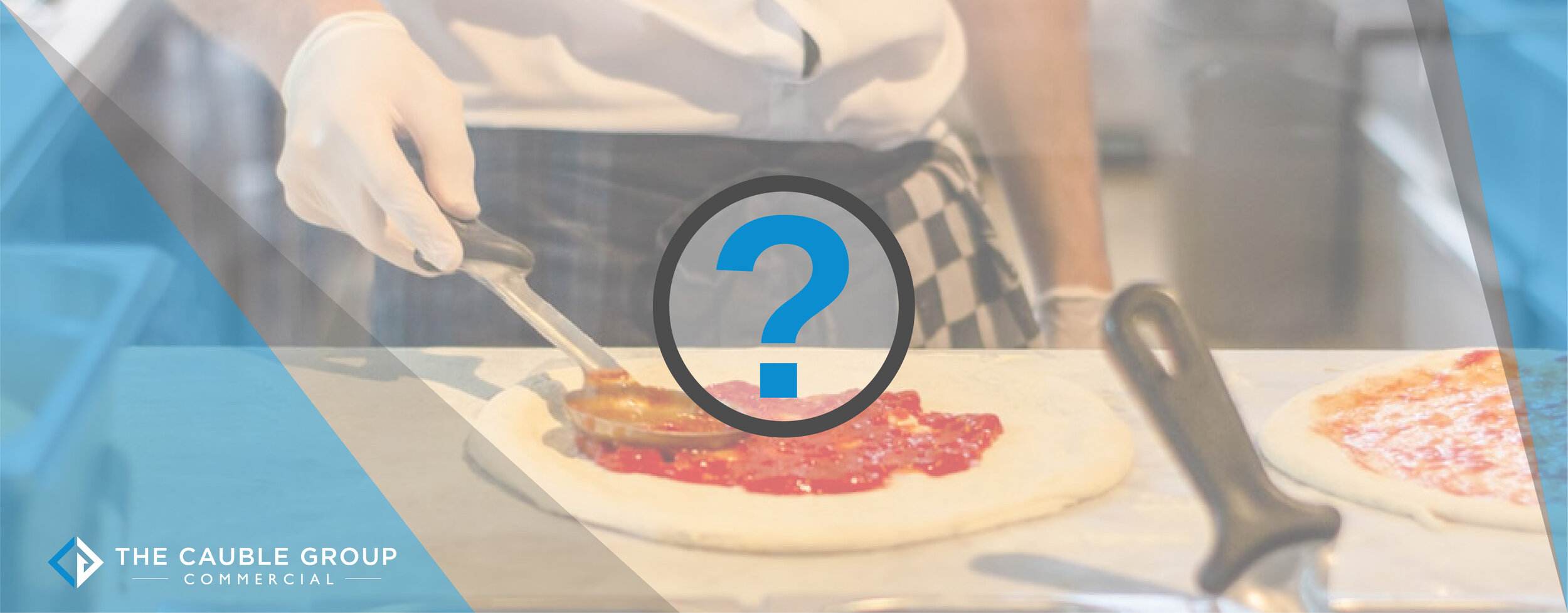Ghost Kitchens
What They Are and Why They’re a Startup Restaurant’s Dream
The outbreak of Coronavirus has changed everything this year.
The way we work, the way we eat, and the way we shop has shifted since new social distancing measures have been put into place all across the United States.
This too shall pass, and hopefully we will be back to normal sooner than later, but there is already a lot of talk going around about how some of these trends will stay once we get “back to normal.”
Ghost kitchens were already gaining popularity pre-COVID, but are set to take off in our new world.
Restaurants Shifting Gears
Out of all the industries that have been hit the hardest, restaurants as a whole have taken on the brunt of the blow; yet there some food service models and restaurants that have been able to adjust their operations, so that that have actually seen incredible increases in their sales throughout the pandemic.
Consider the top priorities of restaurant patrons in today’s atmosphere:
Safety
Convenience
A sense of normality
Although most cities have mandated mask ordinances in public places and private businesses, the folks that take these mandates seriously are vocal about their sanitation routines, and have contactless or contact-limited service are going to make their customers feel more comfortable dining.
Not only do delivery and curbside options mitigate risk of transmitting the Coronavirus, but they are incredibly convenient for people looking to get a bite to eat.
Restaurant Tech is on The Rise
Technology has also played a huge role in how people have been getting their meals during the Coronavirus.
Although this trend had started well before the virus entered the world, services like delivery apps, online grocery ordering, and placing orders online have skyrocketed in popularity since the shutdowns began.
With people now experiencing these convenience almost out of necessity, it will be no surprise to see some of these trends continue, and restaurants offering these conveniences will be able to shift their operations in order to better serve their customer base while also cutting overhead costs dramatically.
That’s where ghost kitchens enter the scene.
What is a Ghost Kitchen?
A Ghost Kitchen is a professional kitchen that is set up for the preparation of delivery-only meals.
The advantage of these types of spaces for restaurateurs is that they need very little staffing to operate- The only operators needed in these types of restaurants are a chef and an additional employee to operate expo and put orders together.
Orders can be placed online and third-party delivery services can take care of the rest, and because there is no dining room and because you only need a small kitchen to operate, costs of leasing space are very low since you are only leasing a small kitchen.
Who uses Ghost Kitchens?
The first origins of ghost kitchens started in California when chain restaurants seeing strong order volumes from Postmates began opening delivery only restaurants to cut down on costs.
This trend for national chains will likely continue, but ghost kitchens also open up the door to pioneer restaurateurs.
Similar to the food truck craze where groups with lower budgets could finally start the strange, new concepts that no one had ever heard of, the door has now opened even wider with ghost kitchens.
A New Breed of Restaurants
As ghost kitchens become more widely available, aspiring chefs will be able to venture out on their own with much less risk.
Instead of spending a ludicrous amount of money on the front end building out a kitchen and signing long-term leases, options for fully built-out kitchens with short-terms leases should become more available as more building owners learn about this trend.
Ghost kitchens lower (and almost completely eliminate) the barrier of entry into the market for new restaurant concepts.
Why use a Ghost Kitchen?
Aside from saving on operational costs, there are many advantages to leasing a ghost kitchen as a start-up restaurateur:
Approachable lease terms
Flexibility
Lower startup costs
Unlike a neighborhood restaurant with a long-term lease, digital brands are easier to market and allow for tons of flexibility in branding and menu options.
Menu items, photos, and logos can be changed almost instantly by updating your page online, where as this would be much more difficult in a traditional brick and mortar structure.
Not to mention the fact that these restaurant concepts don’t have to drive traffic to their physical locations and pay rent on a dining room - they can direct their focus on their digital presence.
Because ghost kitchen meals are all packaged to-go, there is also a significant opportunity to establish yourself more quickly.
Food Presentation and Preservation Changes
Even traditional restaurants that take advantage of 3rd-party delivery oftentimes don’t place heavy focus on the quality of their food.
If you have ever ordered one of your favorite dishes from your favorite restaurants to-go, you have probably been left at least slightly disappointed by the lost quality/presentation of your dish.
The slightest of bit of extra effort into preserving quality of a delivery dish could widely separate a delivery restaurant from others, which many of the successful concepts are taking into account.
After all - the “Instagramability” of a dish shouldn’t change just because it was delivered.
Where can I start my own Ghost Kitchen concept?
Although these spaces are rare, they are growing exponentially as building owners look for new ways to lease out their spaces.
If you are looking to start a ghost kitchen concept, one option may be to talk with some restaurants in your neighborhood to see if they have any unused kitchen space.
Many kitchens are underutilized, and oftentimes restaurant owners would be happy to have someone help to pay the rent.
Restaurants that focus on one mealtime, such as a breakfast only or dinner only concept, would be ideal. Think of all of the hours in each day that they’re paying overhead on and not selling a single dish!
Looking for Advice on Your Ghost Kitchen Concept?
If you are interested in starting a ghost kitchen concept in Nashville or if you are a landowner wondering if converting your property into a ghost kitchen would be a good option for you, contact Sam Turner at sam@thecaublegroup.com for more information.
We have a few options available and would be happy to discuss your ideas with you to bring more great restaurants to the Nashville scene!
About The Author:
Sam Turner is a Native Nashvillian and currently serves as an Associate Broker for The Cauble Group. Working with investors, developers, and business owners from around the country, Sam is an expert in digging up off-market deals and connecting people. Sam values his relationships with people, and he values the opportunity to be able to play a role in the way his beloved hometown continues to grow.
















Recessions expose the strengths and weaknesses of every investment portfolio—but in commercial real estate, some asset classes consistently rise above the volatility. While economic downturns often lead to higher vacancies, tighter lending conditions, and declining property values, not all sectors are equally vulnerable. In fact, a select group of asset classes tend to outperform, offering dependable cash flow and tenant stability even in uncertain times.
These recession-resistant properties share a few key traits: they serve essential needs, attract long-term tenants, and demonstrate historically low vacancy rates regardless of economic conditions. Whether you’re a seasoned investor rebalancing your portfolio or a new buyer looking for durable assets, understanding where to deploy capital in a recession is critical.
In this post, we’ll break down the top three commercial real estate sectors that offer resilience during downturns—industrial real estate, medical office buildings, and necessity-based retail. Each has its own strengths, challenges, and long-term outlook—but together, they represent a strong foundation for any investor looking to build a portfolio that can weather the next economic storm.
Let’s dive in.